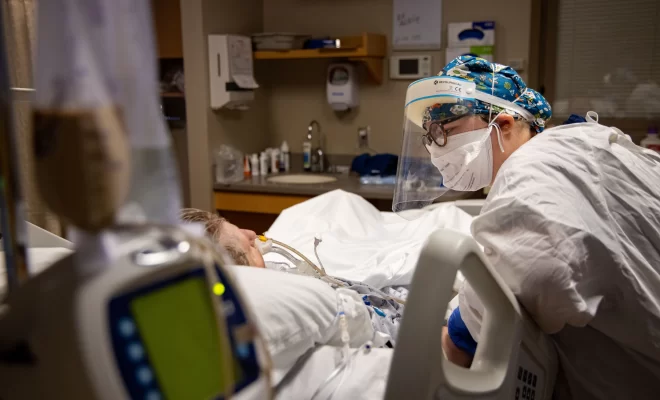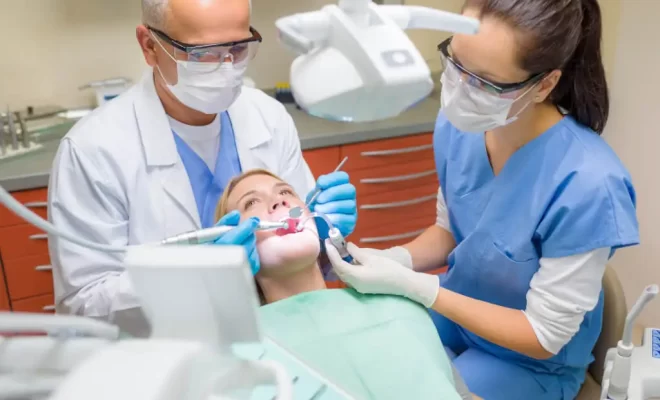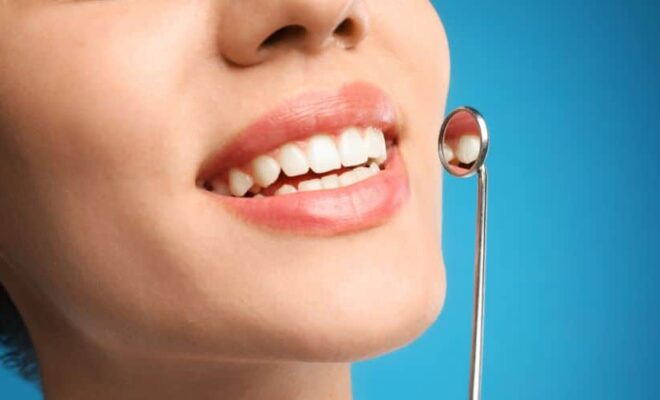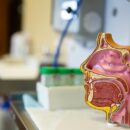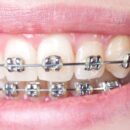Do Implants Need Cleaning – Good Hygiene Practices Must Never End
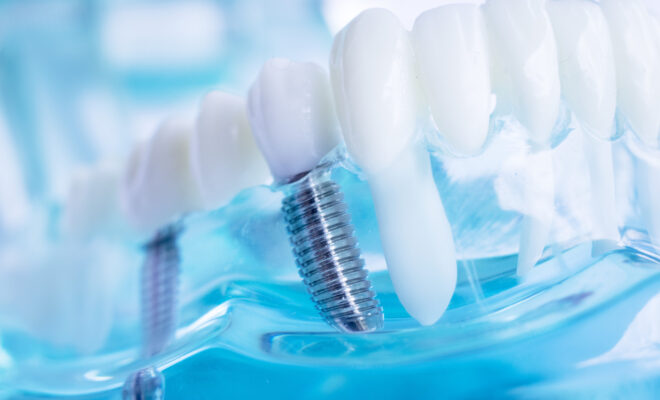
Dental implant placement has become quite simple as a result of numerous improvements in the industry. Dentists use a CT scan to evaluate the state of your phone and job structure prior to implant placement. Numerous dentist offices provide a range of oral health services. Get your oral health examined if you are a resident and you are having any problems.
Returning to dental implants, a CT scan also aids in determining the ideal placement for the implant. You must ensure that you are taking the right care of the implant after the dentist has finished placing and integrating it. This can involve simple things like getting regular dental checkups and maintaining proper oral hygiene in Fresno, CA.
In the same manner that you maintain your natural teeth. Additionally, you must maintain your implants. You can have implants for many years if you take good care of them and put them correctly. To make sure the implants do not need any adjustments or revisions, you must, however, make sure you are getting frequent dental checkups. A cosmetic dentist in Fresno, CA, can assist you with your oral health problems.
What should you know about cleaning after getting dental implants?
There have been instances where tartar, which typically forms above the layer of bone, has been visible. Cleaning is typically advised following implant placement. It is necessary to clean the area around personnel completely and, with the right attention, polish it frequently.
Try not to use aggressive tactics when scaling. Generally speaking, scaling calls for a sharp tool. You can visit the dentist once a year to have your occlusion checked, and it would be beneficial to try to close around the dental implant as well.
Tips for maintaining good oral hygiene when you get your dental implants
There are various steps that you can follow to have good oral hygiene. Following the dental implant surgery. Some of those steps are discussed here:
-
Using a soft-bristled brush and not a hard one:
Make use of a soft-bristled brush and be gentle while brushing. Soft bristle brushes even do an excellent job of removing tartar.
-
Water flosser for avoiding peri-implantitis:
There are many patients who go for a water flosser over a dental floss. If you want to fight peri implants, this is one of the ways.
-
Brushing teeth twice in a day:
Make sure you are brushing twice a day, once in the morning and once at night before going to sleep. Vibration twice a day also decreases the chances of plaque buildup, which can get converted into tartar, and that will be difficult for you to get rid of on your own.
-
Avoiding smoking and consumption of alcohol:
Try not to smoke and drink alcohol, as it can have an adverse impact on your dental implants. You can lose them quickly due to these things.
What can be the complications with dental implants?
While there can be many different complications on a minor level, there are two main ones that let us discuss briefly here:
-
Peri-implantitis:
If you have the condition that is discussed below, along with bone loss, then you may have peri-implantitis.
-
Peri-implant mucositis:
If the tissues surrounding your implant are inflamed, it can lead to this condition.
Around twenty to thirty percent of people who have had implant surgery undergo such conditions or develop symptoms of it. You can tackle this by making sure that your implants are correctly placed and the maintenance is being done correctly and with proper care.
Seek help from a professional!
It is always better to get your symptoms checked for any oral condition the moment you suspect something wrong. Please do not wait around for things to get worse; get them checked as soon as possible.
